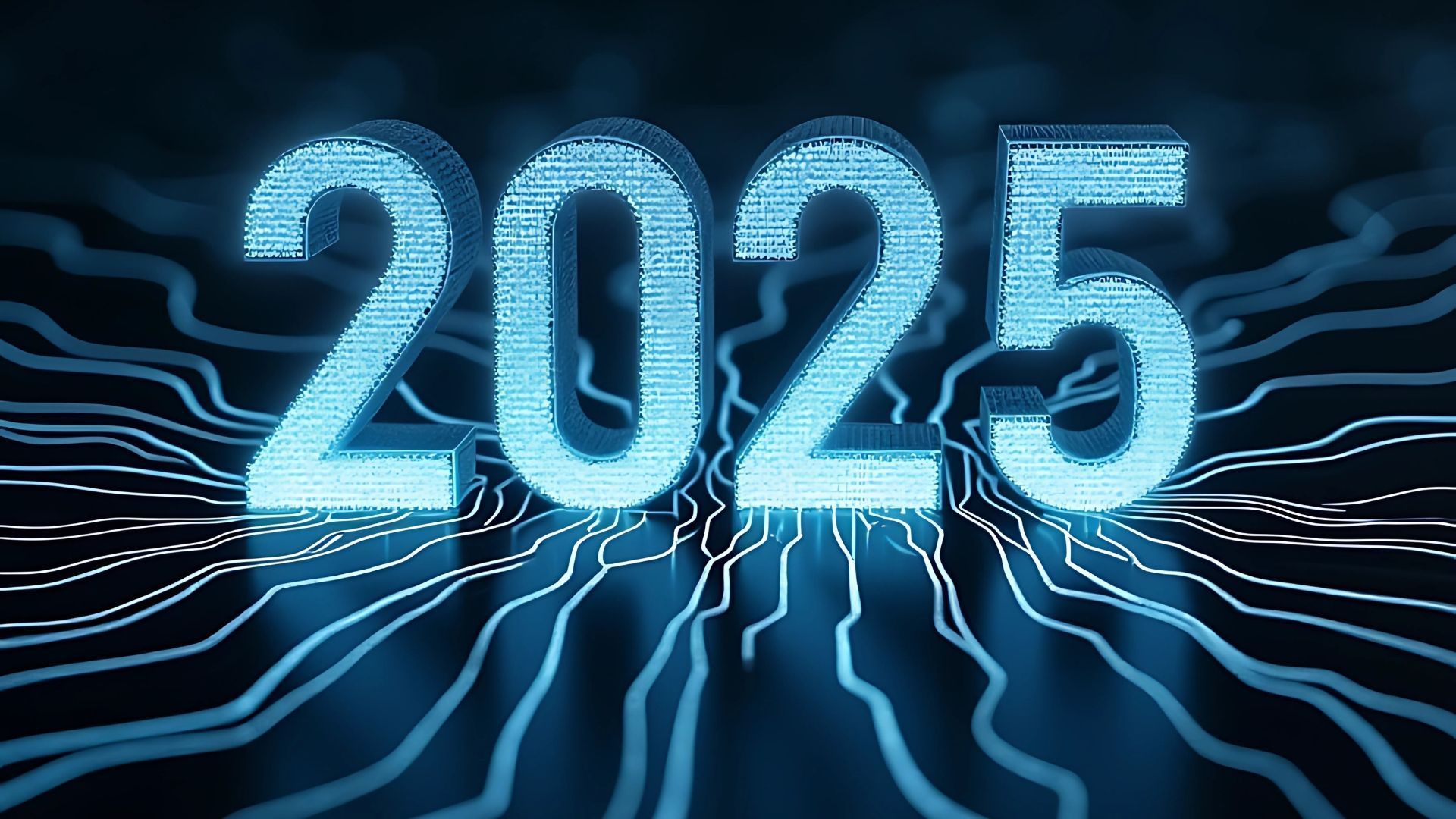Cloud engineers and architects: what's the difference?
Who's in charge of cloud migration? A cloud migrator? In this article, we look at the difference between a cloud architect and a cloud engineer.
How is cloud technology like architecture? Both are about designing and building things – and both industries divide those functions between two distinct roles.
In architecture, you have your architect who designs the building itself. But their role isn't purely technical – it's not just a question of angles, cantilevers and arches.
The architect has to oversee the big picture. As well as handling the technicalities of materials, dimensions and so on, they have to assess the client's needs and make sure the project meets them.
The engineer, by contrast, is a master of detail. Their role is to build – not to design. And their engineering skills are rooted in deep, detailed knowledge.
Much the same applies in the cloud world. The cloud architect is focused on the big picture – their aim is to design cloud architecture that will meet a business's needs. The cloud engineer, on the other hand, is there to build and configure the architecture.
There is some overlap between the knowledge bases of architects and engineers, but the roles are clearly distinguishable. To put it plainly: one is a frog and one is a bird.
Frogs and birds
The English-American theoretical physicist and mathematician Freeman Dyson came up with the distinction between two types of thinkers: frogs and birds. He opened his 2009
article on the subject as follows:
"Some mathematicians are birds, others are frogs. Birds fly high in the air and survey broad vistas of mathematics out to the far horizon. They delight in concepts that unify our thinking and bring together diverse problems from different parts of the landscape.
"Frogs live in the mud below and see only the flowers that grow nearby. They delight in the details of particular objects, and they solve problems one at a time. I happen to be a frog, but many of my best friends are birds."
(Let's hope that his bird friends weren't herons, storks, egrets or any of the
other species that eat frogs.)
The bird/frog comparison applies in the world of cloud technology. Cloud architects take a bird's-eye view of the project. Their focus is on how a business will be transformed by a change in cloud architecture.
Cloud engineers are frogs. Mud-bound and keen-eyed, they are hyper-focused problem-solvers responsible for detailed implementation.
Sidenote: Isaiah Berlin's distinction between
the hedgehog and the fox could apply here too. "A fox knows many things, but a hedgehog knows one big thing". Could our architects be foxes and our engineers hedgehogs?
In any case, what do our cloud-based frogs and birds do all day? What skills do they need, and what are their aims?
Cloud architects
"Cloud architect" is a hybrid role. It requires a bird's-eye view of the latest in tech alongside a deep understanding of business practices.
A cloud architect's goal is to transform a client's business through technological design.
On the technical side, cloud architects need to know more than the difference between a terabyte and a petabyte. They need to know the different cloud solutions available in a wide range of scenarios.
They need to know programming languages. They need to understand compute, storage, network, security and applications.
But their technical knowledge is global, not local. You wouldn't entrust a cloud architect with a migration – you would leave that to your specialist engineer.
On the business side of things, the cloud architect is tasked with meeting stakeholders – sometimes even the CEO – and talking over the business's objectives. Their role is to ask questions that establish:
- What are the business's technical requirements?
- What are their business goals?
- What does their current cloud architecture look like? How scalable is it?
- What's the best solution? What's a realistic timeline?
Once the best solution has been hit on, the cloud architect will get designing – and once the design is in place, the engineer will take over.
Key job roles for a cloud architect
- Liaising with clients.- Overseeing (but not implementing) the transfer of data and apps to the cloud.- Big-picture problem-solving.- Timetabling the migration.- Proposing solutions.
Cloud engineers
A cloud engineer's role is to build and configure the design produced by the architect.
For a cloud engineer, the devil is in the detail. They need to know the idiosyncrasies of cloud services inside out. This involves an intimate working knowledge of hardware, software, programming languages and operating systems.
Let's say a cloud engineer is an expert in Amazon S3 Cloud Object Storage. Where a cloud architect needs to know what this service can deliver, the engineer needs to have a deep knowledge of all its options, uses and life cycles.
Key job roles for a cloud engineer
- Building and configuring architecture using a cloud provider (AWS, Microsoft Azure, Google Cloud etc).- Setting up cloud servers.- Testing software.- Producing documentation.- Managing security, maintenance and troubleshooting.
How training differs for the two roles
If you train to work in cloud technologies, you'll see early on that there's a fork in the road. In one direction lies the land of engineering and, in the other, the realms of architecture.
This is because the job roles are different enough to be incompatible. Trying to do both would be like Gareth Southgate mentoring the team while tackling an opponent.
Cloud architects are big-picture thinkers. Their training is split between a technical focus and a business focus.
The technical focus gives them a bird's-eye view of, well… everything. Virtualisation, containers, networking, security and the rest.
The business focus fosters the communication skills, presentation skills and emotional intelligence needed to sit at a table with stakeholders and CEOs.
Training to be a cloud engineer is about hyper-focusing on the different available services. Your aim: to know everything about a particular solution and how to build and configure it.
Cloud migration is a lengthy and complicated process, and it requires different talents to be achieved.
At Ascend Cloud Solutions, we know the
cloud migration process inside out. If you're looking for help, please don't hesitate to
get in touch.












